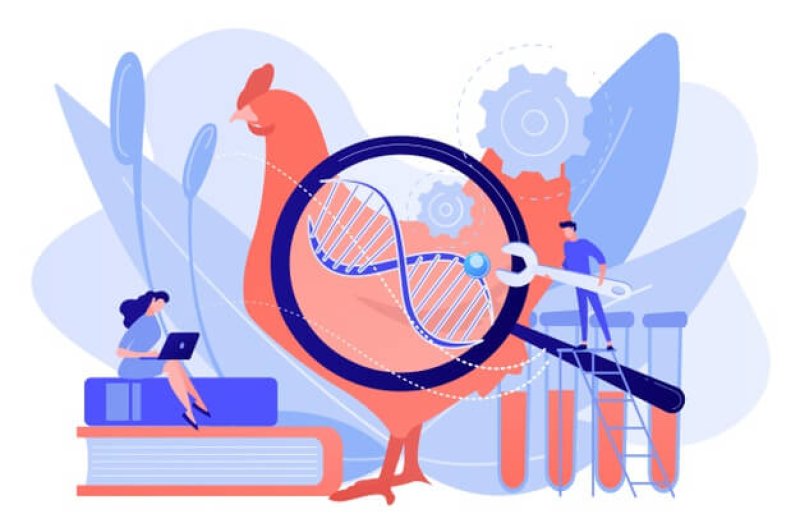When the FDA wants to, it can get desperately needed products expeditiously to those who need them.
But for some other innovations, and even entire product classes, the FDA slows or obstructs approval, sometimes by imposing nearly insuperable regulatory burdens. For example, animals modified by traditional breeding receive no special government oversight, while those engineered with molecular techniques are subjected to onerous requirements and long delays.
Modifying animals by either traditional breeding or genetic engineering (GE) can improve the nutritional characteristics of food; prevent animal disease; reduce greenhouse-gas emissions; speed growth, which reduces costs and environmental impacts; and even create products valuable for the treatment of human diseases.
…
[For example,] the “GalSafe” GE line of pigs eliminates a specific sugar in pigs’ cells that can cause severe allergic reactions in humans who consume pork. The FDA took an inexplicable 10 years to approve it for human consumption.
[T]he FDA relies on its own arbitrary determinations of which GE animals should be subject to onerous regulation as a “new animal drug” or should be exempted from regulation entirely. The FDA should adopt a regulatory regime that takes into consideration economic costs and benefits (rather than just “safety” and “effectiveness”) in the evaluation of new breeding technologies.































